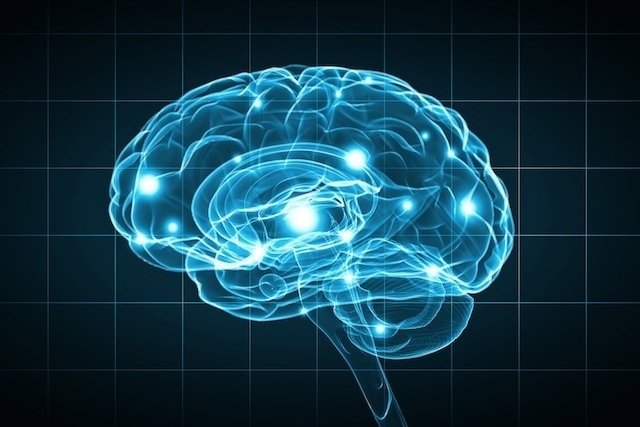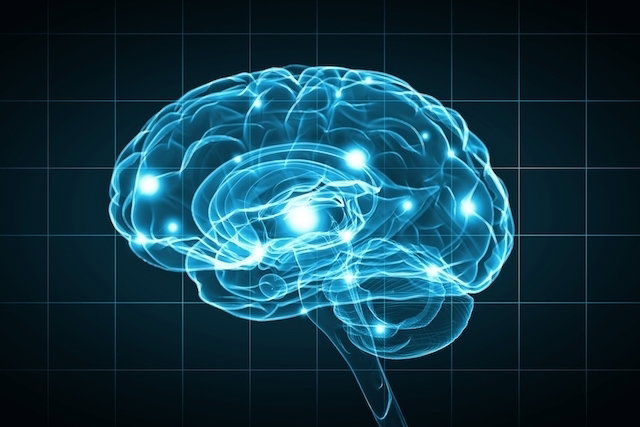Moderate mental retardation is when the person has an intelligence quotient (IQ) between 35 and 55. Thus, those affected are slower to learn to speak or sit, but if they receive adequate treatment and support, they can live with some independence.
However, the intensity and type of support must be established individually, because sometimes you may only need a little help, so that you can be integrated and independent in your basic daily activities, such as being able to communicate, for example.

Signs, symptoms and characteristics
To identify moderate mental retardation, an IQ test must be carried out after the age of 5, which must be guided by a neurologist and present difficulty in at least 2 of the following areas:
- communication, self-care, social/interpersonal skills,
- self-orientation, academic performance, work, leisure, health and safety.
IQ is considered normal above 85, and is characterized as mental retardation when it is below 70. When a child or baby shows these signs but has not yet reached 5 years of age, it must be said that he or she has a developmental delay. , but this does not mean that all children with delayed psychomotor development have some degree of mental retardation.
What causes
The causes of moderate mental retardation cannot always be identified, but may be related to:
- Genetic changes, such as Down Syndrome or spina bifida;
- Due to some congenital disease;
- Use of drugs, medication or alcohol abuse during your pregnancy;
- Infection in the central nervous system;
- Brain malformation;
- Lack of cerebral oxygenation during birth or
- Head trauma, for example.
Thus, it can be concluded that mental retardation cannot be avoided, especially because it can arise due to some genetic alteration. But having a planned, healthy pregnancy and good care during childbirth can reduce the risk of illness, abuse and trauma, and consequently reduces the risk of a woman having a child with this condition.
Treatments for Moderate Mental Retardation

There is no cure for mental retardation, but treatment can be done to improve symptoms, the quality of life of the person and their family, and bring some independence in carrying out tasks such as self-care, such as taking a shower, going to the bathroom , brushing your teeth and eating, for example. Thus, it is indicated:
1. Psychomotricity
Treatment with psychomotricity sessions, where exercises and therapies are carried out to help the child’s motor and brain development.
2. Medications
The pediatrician can prescribe medications that can help reduce hyperactivity and autism, if necessary. Often the affected person also has epileptic seizures, which can be overcome with medication prescribed by the doctor.
3. Other therapies
Self-aggressive behavior is very common in children and adolescents with mental retardation, so parents may observe that the child hits himself when he is in pain, but even if he does not have any pain, he may hit his head with his hands when he wants something. that he cannot express. Therefore, occupational therapy and psychomotor physiotherapy can also help to improve communication with the child, reducing these aggressive episodes.
Children with moderate mental retardation cannot study in a regular school, special education is recommended, but they have difficulty mastering reading, writing and mathematical calculations, but they can benefit from the relationship with the appropriate teacher and other children in the class.

Sign up for our newsletter and stay up to date with exclusive news
that can transform your routine!
Warning: Undefined array key "title" in /home/storelat/public_html/wp-content/plugins/link-whisper-premium/templates/frontend/related-posts.php on line 12
Warning: Undefined array key "title_tag" in /home/storelat/public_html/wp-content/plugins/link-whisper-premium/templates/frontend/related-posts.php on line 13




